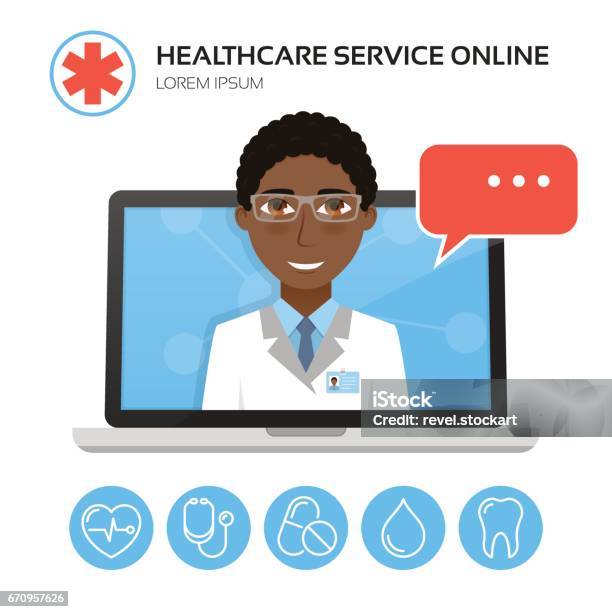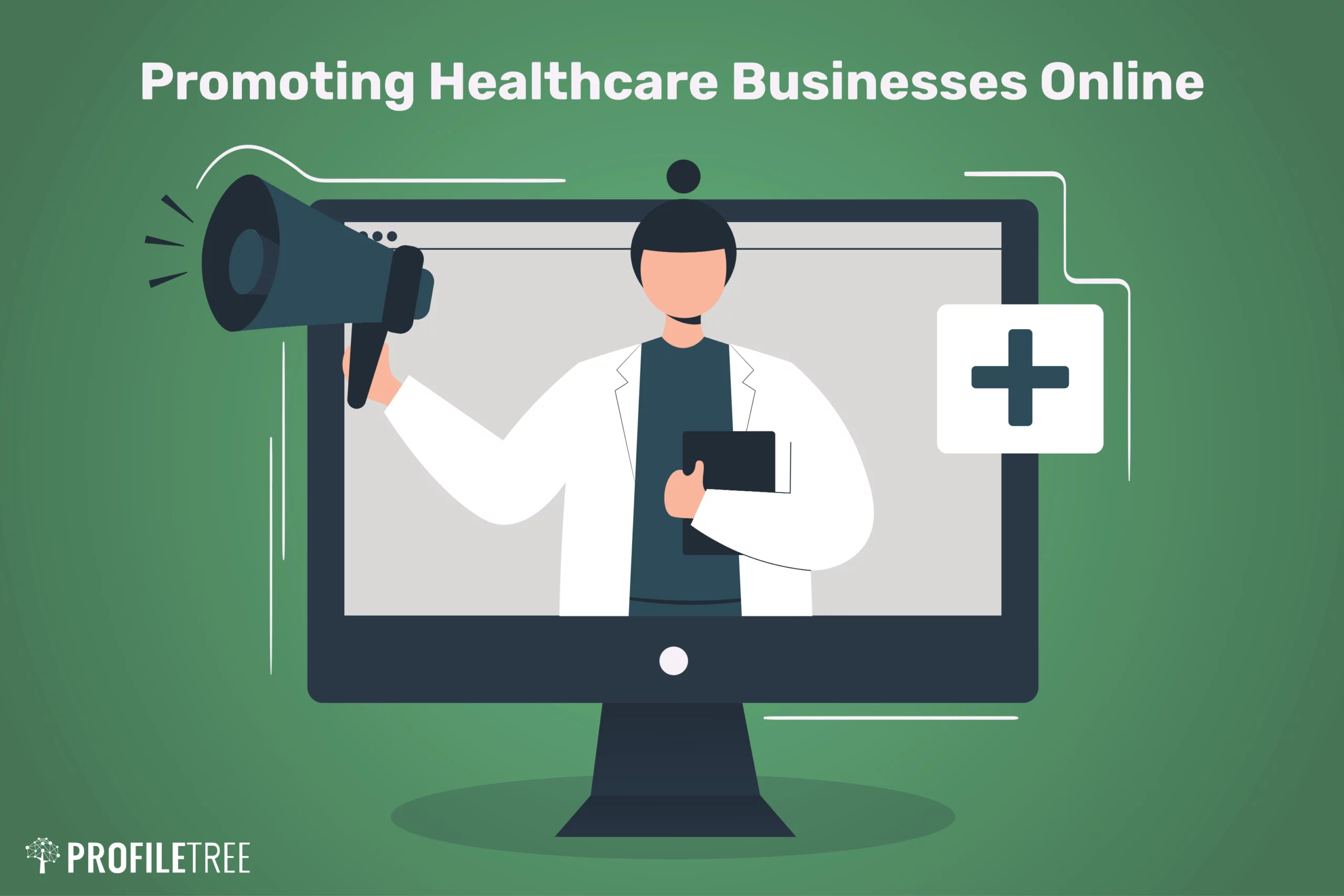How Subscription Based Healthcare is Transforming Patient Access to Services
Navigating the Future of Medication With Subscription-Based Health Care Solutions
As the health care industry evolves, subscription-based services become a pivotal version assuring to reshape client care delivery. With the possible to use streamlined, cost-effective solutions via foreseeable prices and customized attention, these solutions stand at the forefront of modern-day clinical advancement. Yet, as we consider their rise, one have to consider the implications of incorporating such systems into existing healthcare structures. What difficulties do they present in regards to data protection and equitable accessibility, and just how might they redefine the patient-provider partnership? The responses to these inquiries could basically alter our approach to medical care.
Rise of Registration Health Care
As healthcare systems worldwide face increasing pressures from climbing expenses and demand for solutions, the development of subscription-based healthcare models has become a transformative fad. This innovative technique is interfering with typical health care delivery by providing a predictable, flat-rate repayment framework for medical services. Rooted in the principles of concierge medicine, subscription-based health care permits suppliers to concentrate on personalized individual care while concurrently taking care of functional efficiencies.
The increase of this design can be credited to numerous elements. Technological improvements have enabled extra seamless integration of care through telehealth and electronic wellness records, assisting in the scalability of membership services. Additionally, the enhancing customer demand for transparency and predictability in healthcare expenses has actually driven the shift towards this design. Subscription-based solutions usually supply direct accessibility to healthcare experts, which can decrease the administrative problems connected with insurance coverage claims and repayments (subscription based healthcare).
This version is getting grip among diverse doctor, from health care physicians to specialized clinics, by straightening monetary motivations with continuous and preventative treatment. By changing the focus from quantity to value-based care, subscription health care has the potential to reshape the landscape, cultivating a more patient-centered and lasting method to wellness management.
Advantages for People

In addition, subscription-based solutions frequently highlight preventive care, encouraging normal examinations and wellness screenings. This positive technique can cause early detection of wellness issues, potentially boosting results and lowering long-term medical care costs for people. In addition, such models usually supply transparent pricing, allowing clients to better understand their healthcare expenditures and avoid unforeseen clinical costs.
The individualized nature of subscription-based health care additionally enhances patient experience. Individuals can receive tailored medical care strategies that suit their certain requirements, cultivating an extra patient-centric method.
Technology's Duty in Improvement

Expert system (AI) plays a crucial function in anticipating analytics, helping in early medical diagnosis and customized treatment plans. AI discover this info here algorithms evaluate large datasets to recognize patterns that may be forgotten by human observation, hence boosting medical decision-making. Electronic health records (EHRs) streamline patient information monitoring, making sure continuity and coherence of treatment throughout various solutions and suppliers.
Blockchain innovation improves data security and personal privacy, essential for maintaining individual depend on in digital systems. It makes it possible for transparent and safe transactions of clinical web data, making sure that sensitive info remains secured. With the integration of maker learning and AI, blockchain can automate complicated medical care processes, reducing administrative burdens.
Obstacles and Considerations
While technology thrusts the abilities of subscription-based medical care services, it additionally introduces a collection of challenges and considerations that have to be addressed to make sure successful application. One significant difficulty is the fair ease of access of these solutions. As membership versions typically depend on electronic platforms, there is a risk of exacerbating the electronic divide, leaving behind individuals without web accessibility or electronic proficiency. Guaranteeing these solutions do not overmuch profit only tech-savvy and wealthy populaces is crucial.
Data privacy and safety and security stand for another vital factor to consider. Subscription-based solutions often require the collection and storage space of vast quantities of individual health and wellness info. Carriers have to follow strict data protection laws to maintain individual count on and avoid unauthorized accessibility, which can bring about significant honest and legal repercussions.
Moreover, the sustainability of membership designs positions a challenge. As health care needs develop, preserving an affordable equilibrium between membership costs and service click to find out more quality is important to stop patient frustration and attrition. Incorporating these services within typical health care systems calls for seamless interoperability between platforms, which is often a complicated and resource-intensive undertaking. Resolving these obstacles is necessary as subscription-based healthcare solutions remain to advance and broaden.
Future Effects for Medication
Subscription-based health care solutions are positioned to dramatically influence the future landscape of medicine by improving exactly how treatment is accessed and provided. These versions supply the prospective to equalize medical care accessibility, offering clients with more customized and timely interventions. By leveraging modern technology, such as telemedicine and data analytics, membership services can help with continuous tracking and customized wellness management, hence boosting results and lowering the burden on traditional medical care systems.
As these services gain grip, they might boost a change towards preventative treatment, stressing the importance of very early detection and administration of chronic conditions. This proactive technique may inevitably reduce health care expenses by minimizing the requirement for pricey therapies arising from late-stage condition monitoring. Subscription models supply a scalable solution to address disparities in healthcare access, especially in underserved or country populaces.
Nonetheless, the shift in the direction of subscription-based designs demands resolving ethical and regulatory considerations, including information privacy and equitable accessibility. As the sector progresses, collaborative initiatives between policymakers, modern technology designers, and health care suppliers will certainly be essential to developing robust frameworks that guard person rate of interests while fostering innovation. Inevitably, these services assure to add significantly to a more reliable, patient-centered healthcare community.

Conclusion
Subscription-based health care services represent a significant evolution in the medical area, supplying foreseeable costs and individualized care that enhance access and focus on safety nets. Technological innovations, such as telemedicine and AI-driven analytics, help with tailored individual experiences, improving total health and wellness outcomes. However, challenges such as information personal privacy and fair accessibility must be resolved to make sure the extensive benefits of these services. As the medical care landscape advances, subscription designs are positioned to play a vital role in forming the future of medicine.
As the health care sector advances, subscription-based services arise as an essential model promising to reshape patient treatment delivery.As health care systems around the globe face enhancing stress from climbing costs and need for solutions, the development of subscription-based healthcare versions has actually emerged as a transformative pattern (subscription based healthcare).With the rise of subscription-based healthcare designs improving traditional healthcare distribution, clients are starting to experience substantial benefits from this cutting-edge method. As health care requires develop, maintaining an affordable equilibrium in between subscription costs and solution quality is vital to avoid individual discontentment and attrition.Subscription-based medical care services are poised to significantly influence the future landscape of medication by reshaping how treatment is accessed and provided